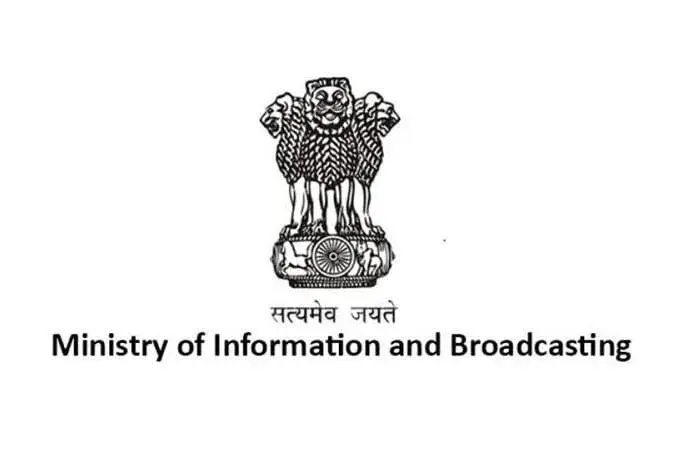DNPA Urges Government to Exempt GST on E-Papers and Digital News Subscriptions
The Digital News Publishers Association (DNPA) has called on the Indian government to exempt Goods and Services Tax (GST) on e-papers and digital news subscriptions. The DNPA highlighted that while printed newspapers are exempt from GST, digital news subscriptions are currently taxed at 18% under the Integrated Goods and Services Tax (IGST) Act. They argue that news content, whether delivered via print or digital platforms, should be made accessible at affordable rates. The Information & Broadcasting (I&B) Ministry recently requested the Ministry of Finance to reconsider the GST rate for digital news subscriptions. In its appeal, the DNPA pointed out a previous instance where the GST Council reduced the tax on e-books from 18% to 5% in 2018, after recognizing the disparity between printed books (exempt from GST) and their electronic versions. The DNPA believes a similar approach should be applied to e-papers, advocating for either a significant reduction in GST or complete exemption. In a letter dated July 22, I&B Secretary Sanjay Jaju requested Revenue Secretary Sanjay Malhotra to either remove the GST on digital news subscriptions entirely or reduce it from 18% to 5%. Jaju’s letter noted that the higher GST rate could stifle the growth of the online news sector by pushing it towards an ad-based revenue model, which could compromise content quality and credibility through practices like clickbait and sensationalism. The letter emphasized that with the increasing internet penetration in India and the relatively nascent stage of the digital news industry, it is crucial to treat online news subscriptions similarly to printed newspapers and e-books for GST purposes. Jaju also noted that the revenue impact of reducing the GST rate on the Rs. 120 crore digital news subscription industry would be minimal, with an estimated revenue loss of around Rs. 21.6 crore. The DNPA’s appeal underlines the need for policy adjustments to support the growth of digital news and ensure that credible information remains accessible to the public as the media landscape continues to evolve. Source: Story board
DNPA Urges Government to Exempt GST on E-Papers and Digital News Subscriptions Read More »



